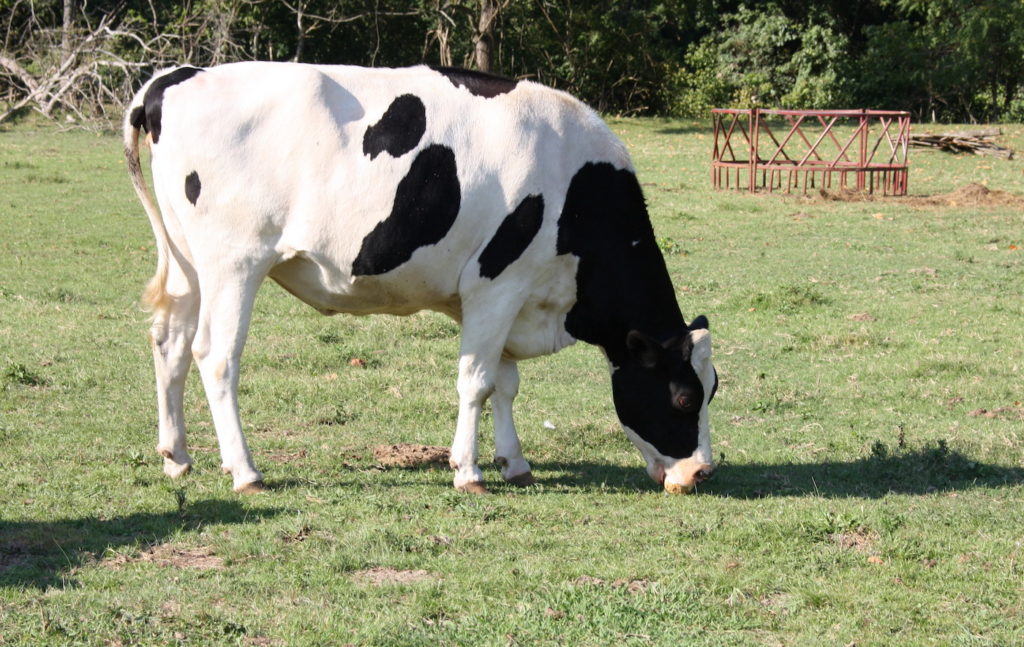
Last week’s deadly storms hit rural areas of Middle Tennessee hard, including many farms. The damages include cattle washed away, hundreds of thousands of dollars of crops flooded, barn roofs torn up and fences knocked down by fallen trees. There have even been reports of livestock struck by lightning.
“Agriculture is one of the most important industries in our state. And it took a big hit,” said Lee Maddox, spokesperson for the Tennessee Farm Bureau Federation, adding that farms in Middle and East Tennessee were affected.
It is still too early for a statewide dollar estimate, but Maddox said the damages seem “substantial,” if not as bad as the fallout of some of last year’s tornadoes. He added that he expects the forestry industry — which generates over $24 billion in economic output across the state each year — could be especially impacted.
“All the trees that have been knocked down or clipped off — those tornadoes were like giant weed eaters,” he said.
The storms also brought record-breaking rainfall to parts of the state. Maddox explained that flooding is an ever-present threat to crops in Tennessee, since the most fertile land tends to be in low-lying areas near creeks and rivers.
In Smith County, Sara Evans, a program technician with the USDA Farm Services Agency, said farmers have reported flood damage to wheat crops, as well as their strawberry fields, watermelons patches, and orchards.
That also means shoppers might find it a little harder to track down local produce for the next season or so.
“It definitely has impacted [farmers’] income,” she explained, “It’s affecting their everyday workday. They’re having to take time out of their normal routines to do all this extra cleanup.”
The Farm Services Agency is applying for federal funding to help with repairs and to offset some of these losses.
The Tennessee Department of Agriculture has posted guidance for people who stumble across livestock that got out during the storms (i.e. don’t approach them unless you are experienced handling that particular kind of animal) as well as resources for farmers who need a place to temporarily house their animals.

